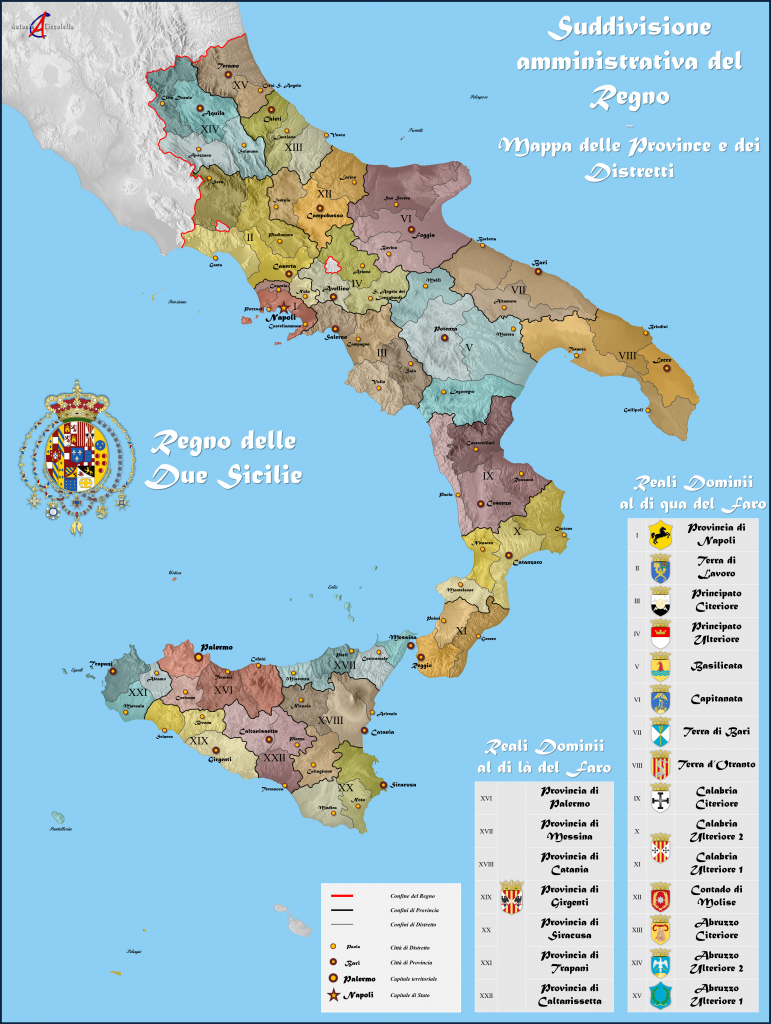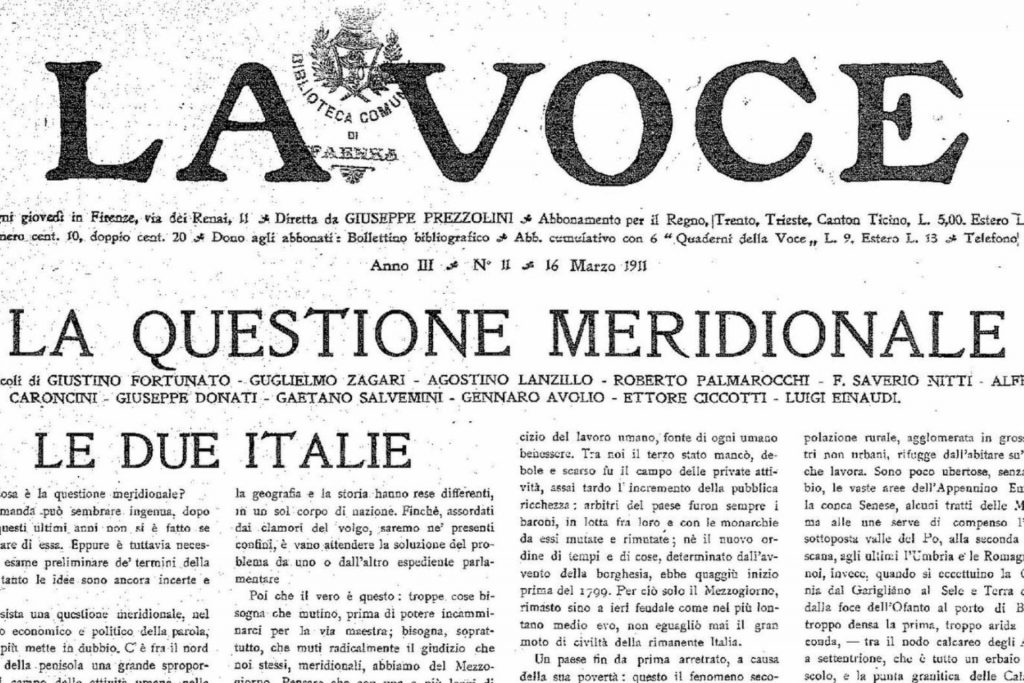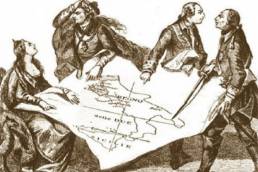A century and a half of incorrigible “southern question”
The modalities of the unification process, as well as the anti-federalist ones always adopted afterwards, have widened the gap between North and South instead of bridging it
There has always been a “southern question”, which has created a lot of problems for the growth of Italy and its becoming a normal country: it must be said and reiterated that, in reality, Italy has never been a normal country.
For many reasons. Not the least of these is the obvious difference between North and South: economic, social and anthropological differences.
From the point of view of respect for the requests of all those who contribute to forming a State, these enormous differences should have been duly considered, weighed and transformed into a flexibility made up of rules suitable for everyone.
One hundred and sixty years of Italy, not even one of federalism…

Is there a need for “separate development” to facilitate a little bit for everyone?
In other words, a federal state would have taken into account the different needs of a region that was industrially developed, liberal and heavily taxed, as opposed to another region that was primarily dedicated to agriculture, protectionist and with almost no taxation.
And it would have allowed both to grow and develop according to their own habits, trying, over time, to smooth out the edges, to bring peoples closer together and, above all, to harmonize their economic growth.
Instead, the exact opposite has been done: a centralist and centralizing State has put together an interminable series of initiatives which, nominally, should have helped the development of Southern Italy, but which, in reality, have failed miserably in their task, bleeding the public finances, in a waste of money and resources over a century.
That Italian Confederation born and buried in Zurich

From the assets of the “Manomorta” to the new citizenship income
From the assets of the Manomorta to the cathedrals in the desert, from the Cassa per il Mezzogiorno to the citizenship income, it has been nothing but a sequence of failures and waste.
Thus, the South has lagged behind from an infrastructural point of view, has not developed its formidable agricultural and tourist vocation and has developed a welfarist vision of politics, while the North has been held back in its impetuous economic growth by an unwieldy and useless ball and chain in terms of national solidarity.
Preliminary agreement between the Government and the Emilia-Romagna Region
Preliminary agreement between the Government and the Lombardy Region
Preliminary agreement between the Government and the Veneto Region
Not only did this not allow the country to fully realize itself on a civil, political and economic level, but it also favored the emergence and maintenance of prejudices, misunderstandings and real rifts between the two parts of Italy.
In short, Italy is no more united today than it was immediately after the expedition of the Thousand: the misunderstandings and mutual ignorance between North and South, thanks to this unfortunate monolithic and centralist system, have, if anything, increased.
I am not referring to the ridiculous boutades of the so-called “neo-Bourbonists”, to which my illustrious colleague Alessandro Barbero responded very well in a book about ten years ago: I am talking about the common feeling of the people.
In Italy, the crisis has hit the economy of the South the hardest.

A “family” whose members are suspicious of each other
A “family” whose members are suspicious of each other. Of people who, at heart, do not feel part of a single family and look at their neighbors with a mixture of anxiety and suspicion, fearing some kind of trick. This is not being part of a Homeland: this is, on the contrary, the failure of the Homeland.
And I would say that a good part of the blame for this phenomenon can be attributed to the way in which this homeland was built: with the consent and contribution of a small minority, with plebiscites in which less than 2% of the population voted, with criteria of colonial conquest and not of the foundation of a state community.
Once again, therefore, I have to say that federalism was the missing ingredient in the recipe for the unification of Italy. And it is a lack that we are all still paying for, North and South.
Italy, because differentiated autonomy “is” the Constitution
Italy, the legitimate implementation of differentiated autonomy
Italy, requested “certain times for differentiated regionalism”.
Italy, “On differentiated autonomy, the government is ready”







